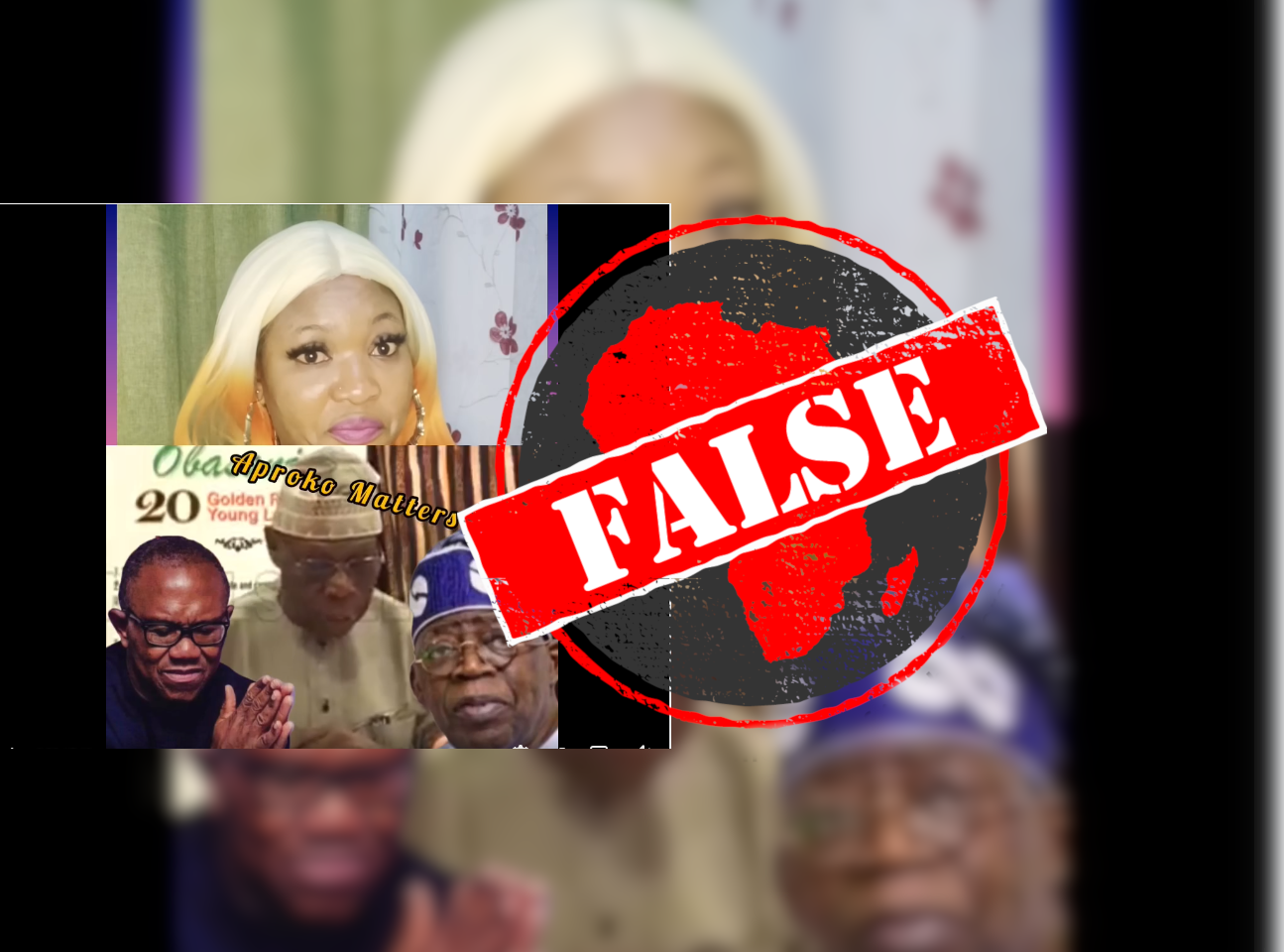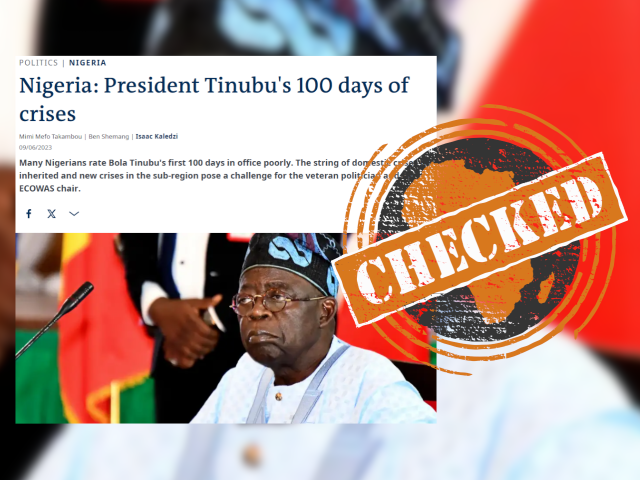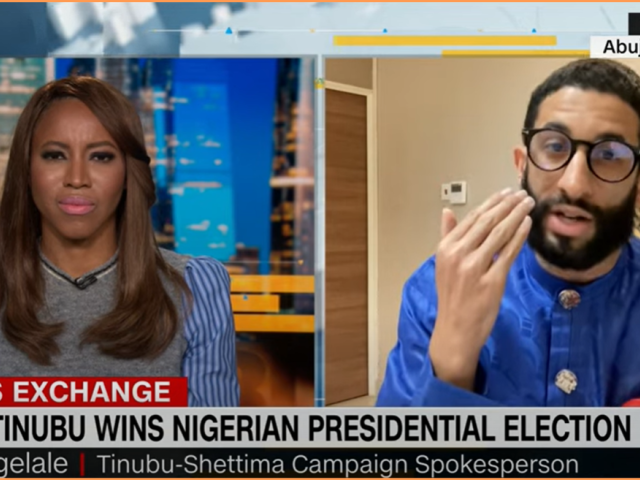IN SHORT: Following Nigeria’s elections, former president Olusegun Obasanjo wrote an open letter, asking Muhammadu Buhari to cancel the results. But this was met with disdain by the federal government, and wasn’t “approved” as has been claimed on social media.
Nigeria’s electoral agency has declared Bola Tinubu, the governing party’s candidate, as winner of the presidential election held 25 February 2023.
There has been widespread reaction to how the results were collated. Key political figures, including former president Olusegun Obasanjo, have expressed disappointment in the electoral process.
Obasanjo was Nigeria’s president from 1999 to 2007.
Obasanjo wrote a letter to the incumbent president, Muhammadu Buhari, to cancel elections, which in his opinion did not pass the credibility and transparency test. It was published in the press on 27 February 2023.
But a claim surfaced on Facebook soon thereafter that Buhari had approved the former president’s request to “cancel” the election.
The posts take the form of a video, apparently of Obasanjo reading out his letter to Buhari. This clip has been edited to include a woman apparently listening to and reacting to the letter, and it looks as though it was first posted on Instagram or Tik Tok.
In one instance, a poorly written caption to the video reads: “Breaking President BUHARI Finally Apprøved Olushegun OBASANJO Letter To Cøüncil The Election Result.”
The video was also posted here and here, with the same claim. But is it true?

Obasanjo’s letter not ‘approved’ but criticised
On 28 February Lai Mohammed, Nigeria’s information minister, described Obasanjo’s letter as a “willful incitement of violence” and urged him not to “truncate the electoral process”.
Mohammed asked people to allow Nigeria’s electoral body, the Independent Electoral Commission (Inec), to conclude its duties by announcing the outcome of the elections.
“After that, anyone who is aggrieved must follow the stipulated legal process put in place to adjudicate electoral disputes, instead of threatening fire and conjuring apocalypse,” Mohammed’s statement read.
At no point did Buhari “approve” Obasanjo's letter or said the election results would be cancelled.
Republish our content for free
For publishers: what to do if your post is rated false
A fact-checker has rated your Facebook or Instagram post as “false”, “altered”, “partly false” or “missing context”. This could have serious consequences. What do you do?
Click on our guide for the steps you should follow.
Publishers guideAfrica Check teams up with Facebook
Africa Check is a partner in Meta's third-party fact-checking programme to help stop the spread of false information on social media.
The content we rate as “false” will be downgraded on Facebook and Instagram. This means fewer people will see it.
You can also help identify false information on Facebook. This guide explains how.




Add new comment